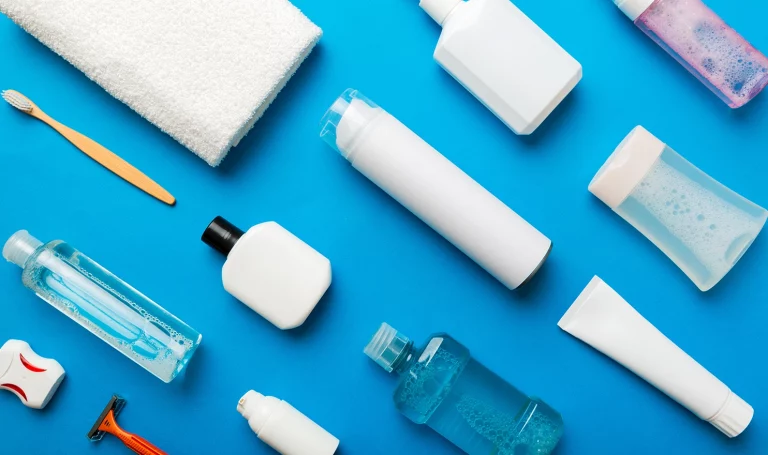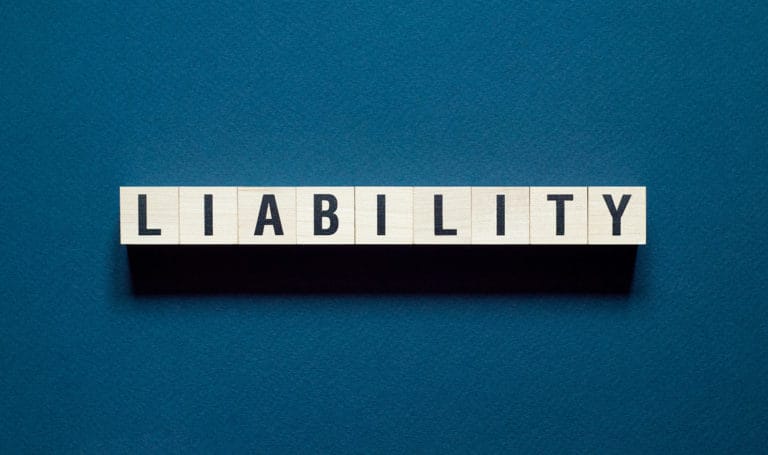Finding ways to improve and build your business can be daunting. You’re probably wondering how you can expand when you’ve seen many small businesses actually fail due to the financial climate. Well, we’re going to fill you in on one of the best ways you can go about growing your business. And, if you’re looking to expand you need one thing in your arsenal–product liability insurance, which we’ll also tell you about.
Let’s start.

ECOMMERCE IS WHERE IT IS AT
The world is still in a weird spot due to the effects of COVID-19 and you need to be able to pivot as needed to ensure the longevity of your business. Last year, online retailers saw growth that they didn’t predict they’d reach for another two years, making online sales equal 15%, of all US retail spending for 2020. Analysts forecast that through 2021-2025 online retail will grow at an annual rate of 8%, while brick-and-mortar retailers bounce back from closing their doors for part of 2020. If you’re wondering where to get started with expanding your business, consider…SELLING ONLINE
You’ve likely already done this, but if you have yet to dive into the world of online retail, then there’s no better time than now. The best thing about moving your brick-and-mortar business online is that you don’t have to do it alone. Depending on what you’re selling, you have a myriad of options for places to sell online and tons of online support for where to start. Check out these articles to get started:- Moving Your Brick-and-Mortar Store Online
- Shifting Your Business Online
- Why Brick-and-Mortar Stores Should Sell Online
OPENING AN AMAZON STORE
Just like launching your store online comes with support, so does the transition to being an Amazon seller. Did you know that in 2020, 67% of first-year sellers saw profits ranging anywhere from $26k-$810k? And a whopping 92% of all first-year sellers are planning on returning. Amazon lays out joining their sight pretty clearly and if you need anything to be an Amazon seller, it’s insurance. Looking to get into bigger online retailers as a third-party seller means you need product liability insurance. Check out what Amazon themselves has to say about your insurance, “Sellers with professional selling plans on Amazon.com must provide proof of Commercial General Liability insurance. This insurance, obtained at the seller’s expense, shall cover up to $1,000,000 per occurrence and in the aggregate and must include products liability, bodily injury, or personal injury, property damage, and other requirements as stated in the Participation Agreement. The insurance must indicate that ‘Amazon.com, Inc., and its affiliates and assignees’ are added as additional insureds.” This means three things:- Amazon requires General Liability Insurance.
- Amazon requires Product Liability Insurance in your policy
- Amazon requires you to list them as an additional insured.
THE BENEFITS OF PRODUCT LIABILITY INSURANCE
When you work in the supply chain of a product, whether it’s in producing, distributing, or retailing, your business needs product liability coverage. Product liability insurance is designed to protect businesses against third-party claims that the product you designed, created, or sold caused harm to an individual. This means that if you sold a consumable product that was improperly labeled or created, and someone were to consume it and be harmed, they could sue you and you could be held responsible. And on top of the known risks you take on when selling your products, most retailers you are looking to contract with usually require you to have it–which we see with Amazon’s statement above. With product liability insurance you’re able to expand into large retailers and, as you grow, can adjust your premiums to fit your business. When looking for product liability, Insurance Canopy is the choice that will provide you with experienced agents who have been able to help thousands of businesses like yours break into spaces such as Target, Whole Foods, and Walmart. To get started and get your product liability quote, fill out our online application. Your quote will be based on your business sales, your product, and a few other factors that you’ll let us know about in the application. If you’re wanting to learn more about product liability insurance or getting a product liability quote, visit our page.





